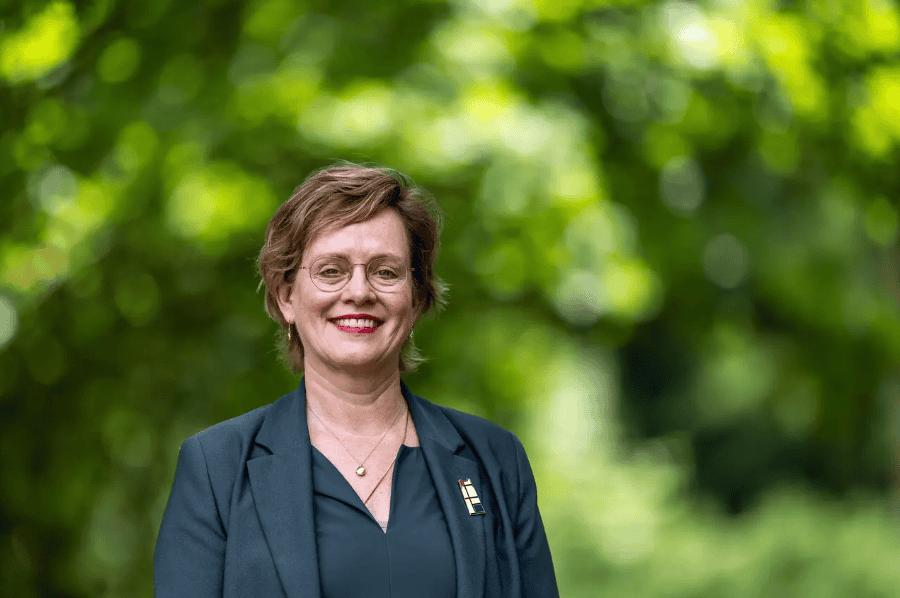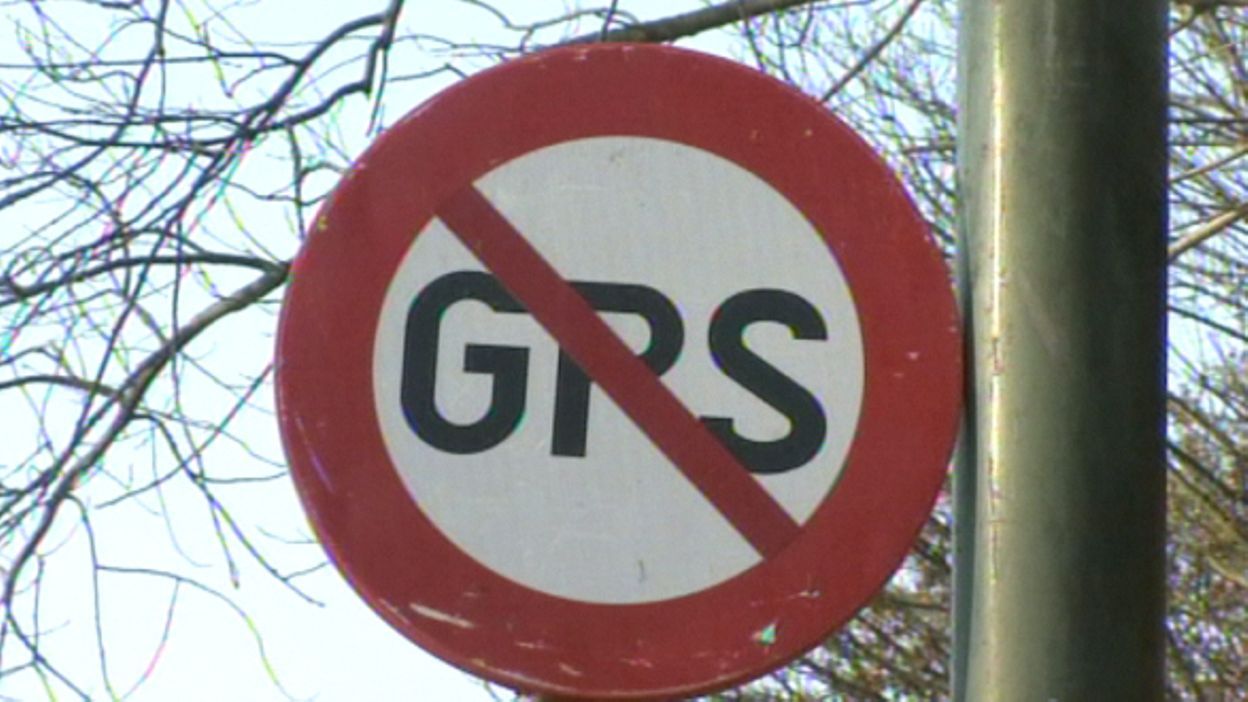
By Walter Baets
Walter Baets is a Professor of Complexity Management and Business Model Innovation. He is the former Dean of the Graduate School of Business of the University of Cape Town. Currently, he is active as the Wicked Problems Owner at Eindhoven Engine.
We commonly expect that problems are owned by someone, and that someone (individual, or company) has a desire to solve the problem. The owners often have relevant knowledge, so that they know more or less where to go for the solution. For simple problems (though they could be complicated), problems that are not complex, rather linear, based on the insights of one particular scientific discipline, and certainly not dynamic, that has worked. How to construct an electric car? Can we invent a battery large enough to store solar electricity in a house? Can we find fuels that pollute less? We roughly know where to look and which direction to follow for finding solutions. Now we are going to do it: the problem owner drives the process.
No clear upfront plausible solution
However, most problems that we encounter today in society are wicked; it means they do not have a clear upfront plausible solution. They are based on interacting with people, their lives, and their everyday activities. Problems that matter have a strong human dimension and technology is supporting. One can think about emissions, food security, climate change, mobility, energy transition, poverty and inequality, low literacy, broken social contracts, and the broken political contract in democracies. In fact, we do not know what the wicked problem really is, so we should start by understanding the problem. But who owns those wicked problems? In general, nobody. We all share winding stories about the problem areas, some based on facts, some on alternative truth, some on wishful thinking. Next, somebody who feels the need to do something jumps on a possible solution, at least for part of the problem, ignoring the full problem. Sometimes, the remedies are worse than the problem.
Can we improve the quality of our climate by finishing subsidies to the fossil fuel industry (a hot topic in the Netherlands today)? It will certainly have an impact, but do we have any idea what would happen? Could we work together with all parties involved to better understand the problem before jumping into the solution mode? Solutions are easy, but understanding the problem is the difficult one. Since those problems are wicked, we will need the collective intelligence of all stakeholders to understand the problem.
Solutions are easy, but understanding the problem is the difficult one.
Walter Baets
Eindhoven Engine
At Eindhoven Engine, I am the Wicked Problems Officer. The job title is not that interesting, but what is interesting is that we try to develop approaches that help understand problem areas and that we have learned that while technology could really contribute to solving many issues, we should understand the issue first. Today, too many smashing solutions are looking for a problem. This is not new, but it is a pity it continues. We have made an approach available for free use, that any project could use to start understanding their problem area. Just one possible route, but one that seems to work.
To summarize, since most problems that matter today are wicked in nature, we will have to take the time to understand the problem area in all its dimensions, its full complexity, in the interest of all, before jumping into a solution mode. Solutions come almost automatically out of a deep problem understanding. Start loving your problem instead of your solution. Just try it, and you will be surprised that opportunities will be created.
This post was first published on Walter Baets’ LinkedIn account.









